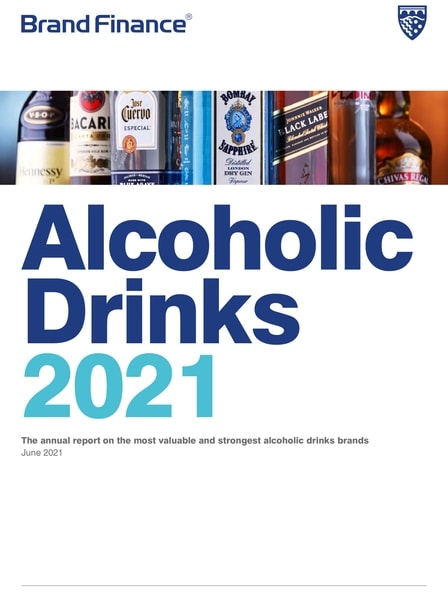In the emotion-led purchase of wine and spirits, a brand’s social, environmental, and political intent are increasingly important. Mariella Menato writes on why brand purpose, when delivered authentically, will galvanise a brand – both in the market and in the office.
Cynical marketing professionals are now starting to talk about a ‘post-purpose’ world. Consumers are certainly more savvy and can spot ‘purpose-washing’ a mile off. But I believe that brand purpose, done properly and with integrity, is still a valuable way for marketers to engage people. And beyond that, its impact can stretch to employees, the planet and the company’s bottom line.
People power
People want to feel good about the work they do, and so enticing the best and brightest to come and work with you, creating a positive culture and work environment, and inspiring the future leaders of our industry, is much easier for those businesses that champion a vision for a better tomorrow.
In a recent study, 91% of participants said they placed an increased value on living life with a sense of purpose, up 10% on two years prior. The same study indicated that more than nine out of 10 employees would be willing to trade a portion of their salaries over their lifetimes to enjoy a greater sense of purpose in their careers. I liken it to the way that NGOs are often able to select from the crème de la crème of Oxbridge and Ivy League graduates. Brand owners and businesses can attract the most talented marketers to their companies by offering them more meaningful careers.
Of course, attracting talented people is one thing, but getting the best out of them is another. This is where having strong company values and purpose can help. When employees believe in the work they are doing and enjoy a sense of fulfillment, productivity soars.
Absolut celebrated this brilliantly in its slightly cheeky campaign, ‘The Vodka with Nothing to Hide’. Its employees bare all in a spoof induction video to demonstrate the company’s values. In another study carried out earlier this year, employees that considered their work to be ‘more than just a job’ were 11 times more committed to staying with their current employers, 14 times more likely to look forward to coming to work, and four times as likely to put in the extra effort than their peers at competitor businesses.
A culture of innovation
There are more obvious and immediate benefits of driving brand purpose, too. Society’s need for climate and waste-reduction solutions, for example, are all at the forefront of what’s driving our industry’s most exciting innovations. It is those brands that identify and pioneer these resolutions that will carve out their place as industry leaders over the next decade.
From product innovations like Air Co’s vodka, which is made from CO2 captured from the atmosphere to sustainable packaging formats like Wild Glass, and the paper formats being brought out by the likes of Absolut and the luxury Ruinart Champagne house – these are innovations that will change the landscape of our industry forever.
Greater circularity
With the shift to greater circularity and waste reduction solutions, exciting innovations are already taking place. Proof & Company’s ecoSPIRITS is a prime example: an on-trade-specific packaging format that not only negates the need for single-use bottles but drastically reduces costs along the supply chain, enabling the company to invest more in research and development.
Forward-thinking wineries and breweries across the world are installing refill growler stations on premises to encourage consumers to avoid single-use packaging, and services like Loop open the door for the refill model to start becoming more commonplace in people’s day-to-day routines.
Finally, there is the slightly unsavoury idea of what is done with our industry’s by-products, a vital cog in the circular economy, and one that is just in its infancy in terms of consumer-facing initiatives. Examples including Trash Tiki, whose mission is to educate bartenders on how they can reduce waste in the industry, grew from a pop-up in 2016 to a 10-month, five-continent world tour in 2017.
Today we are seeing high-end, zero-waste cocktail bars like Sydney’s Re prove that zero-waste drinking experiences can be luxurious. From cocktails made using bar ‘waste’ like lemon rinds, to fruit pilsners such as BeerFarm, which uses the lumpy, bumpy watermelons that retailers won’t accept, product innovations that work to reduce waste are an exciting aspect of our industry’s future and present additional value streams for minimal investment.
Change is hard, and a commitment to genuine brand purpose is hard, too. But more and more people are refusing to interact with brands that ignore these big issues, and beyond that we are starting to see governing bodies like the EU introduce Extended Producer Responsibility (EPR) legislation, presenting huge challenges for those businesses dragging their feet.
While fast becoming non-negotiable, we’re not talking about the likes of Starbucks lecturing everyone on race relations and world peace. Jumping on unrelated social causes is confusing, inauthentic, and irrelevant. To really resonate with target consumers, a brand standpoint has to come from deep within. For those values to be evident and believable, they should be part of a business’s DNA.

